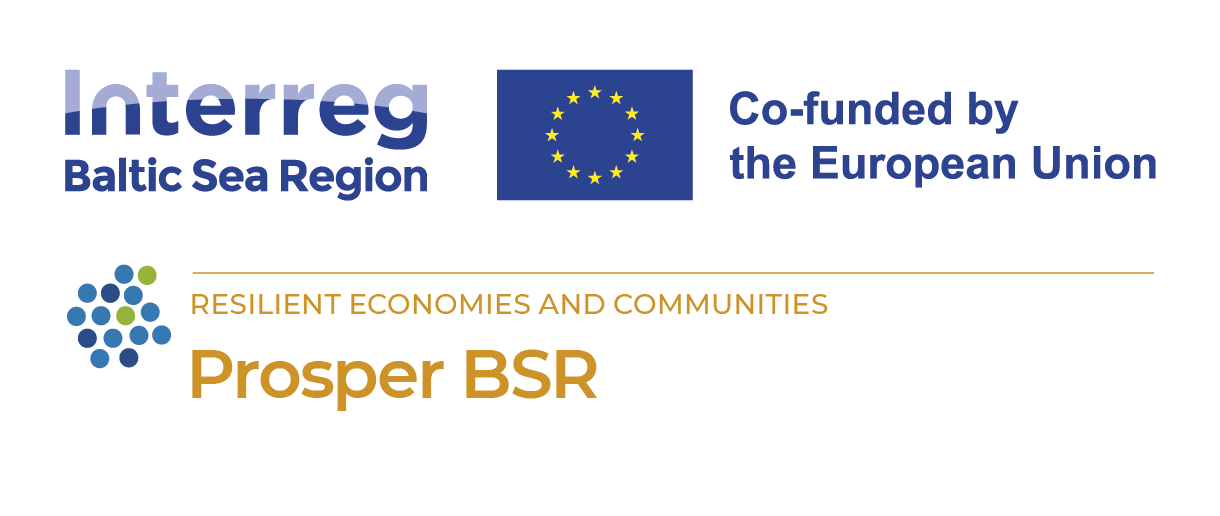Background
Prosper BSR started in October 2022. The idea was born out of the need to support professionally educated refugees and, at the same time, to address the local shortage of skilled workers in many EU countries. By involving skilled workers, the participating regions become more resilient at the same time (see external link for more information on resilience economies and immigration
https://www.oecd.org/cfe/leed/Fostering-Resilient-Economies_final_opt.pdf
https://www.weforum.org/agenda/2021/07/how-to-build-long-term-resilience-in-vulnerable-communities/
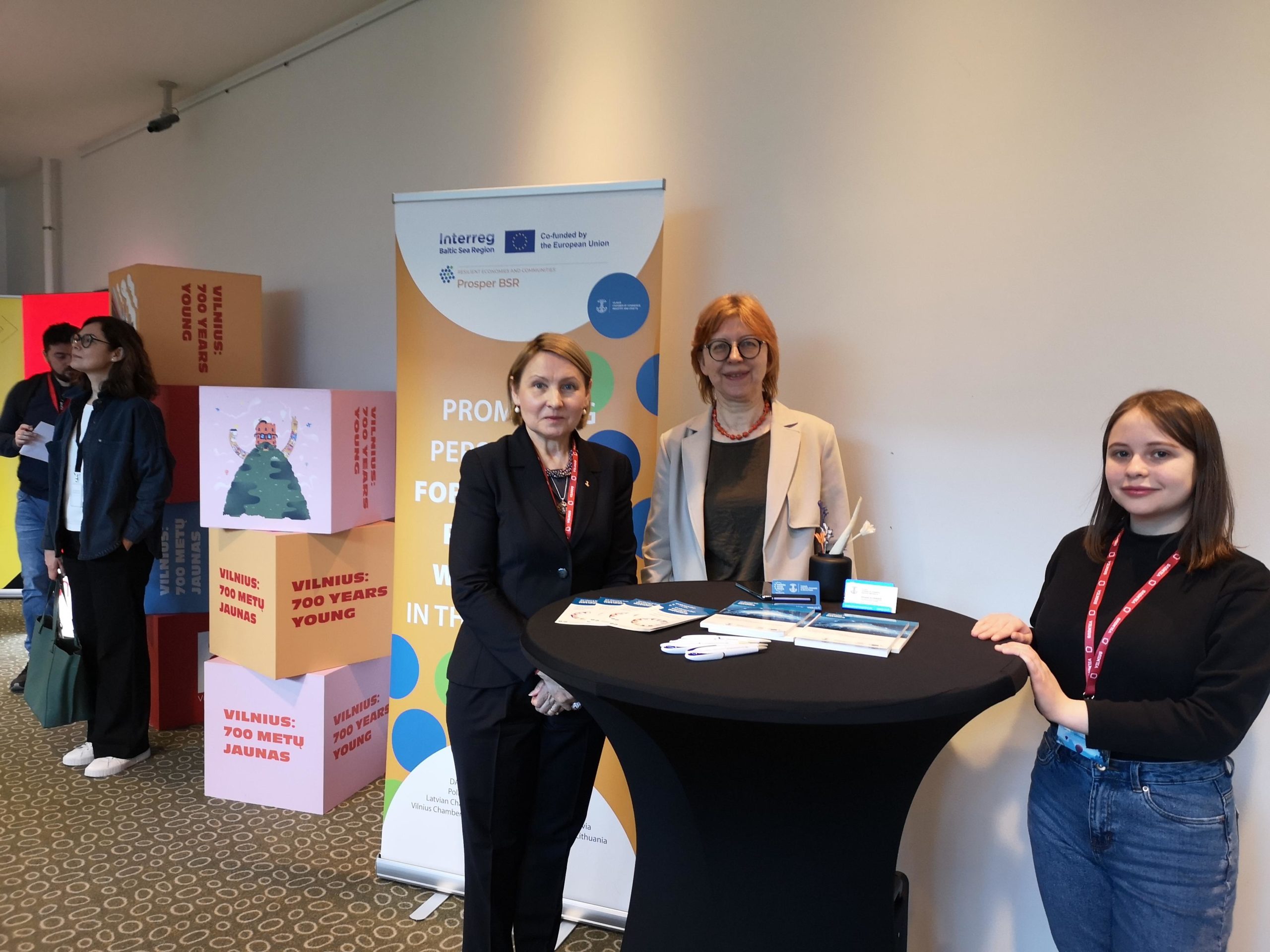
In February 2022, a war broke out in Europe, resulting in a dynamic, unforeseen wave of refugees. Millions of refugees, especially women and children, have already arrived and many more are expected. It is already the second major refugee crisis since 2015, a human tragedy that needs strong and joint action from the European community and civil society. Unfortunately, it is the fastest-growing refugee crisis in Europe since WW2. Hopefully, the fighting will stop soon and some can return to their homes. However, given the destruction already occurring, it is likely that many will remain in the host countries for several years and then some permanently in Poland, Lithuania, Latvia, Germany and other countries. While the most necessary things such as accommodation, clothing and food are organized in the first few weeks, the people especially need a perspective for the long run. This includes, foremost, an integration into the labour markets.
At the same time, all European countries are facing a lack of skilled labour, affecting all industries. This endangers many sectors, also the EU climate targets, as, e.g., not enough craftsmen are available to insulate buildings, install solar panels but also nurses and teachers are missing etc. There is a strong need for immigrants to help to close this gap. A recent survey in 2021 confirmed that the lack of workforce for SMEs is currently the biggest overall challenge, right after the Corona Pandemic.
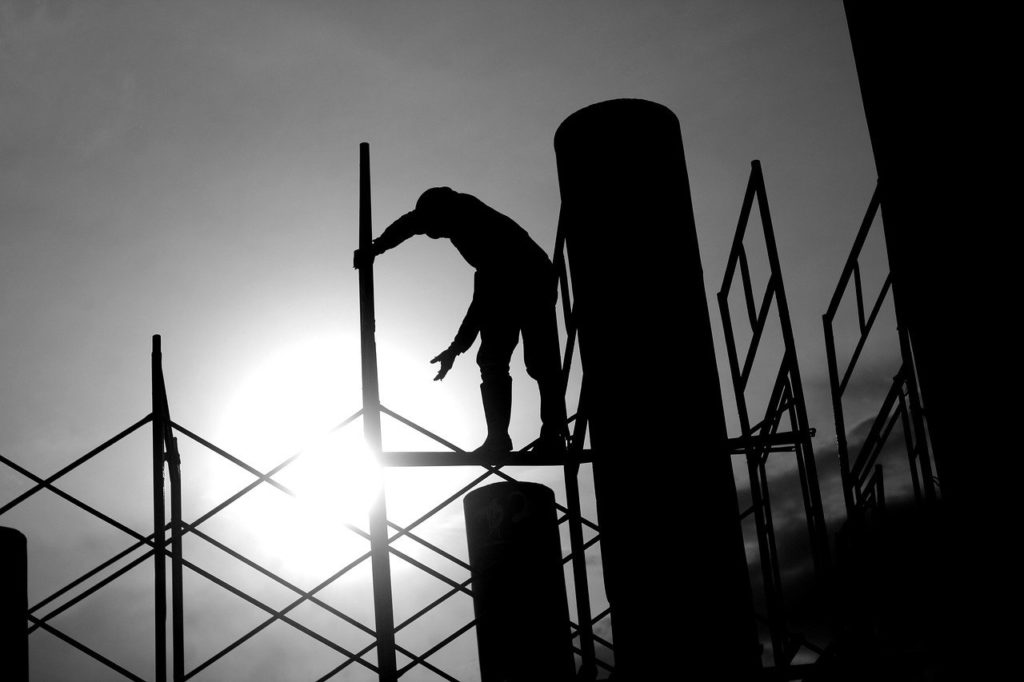
Support for the workforce must happen through business organizations, that are the intermediaries between the public administrations and companies. They know the needs of the labour markets and can facilitate the process with companies. While there is some experience in this in the western member states due to the refugee crisis in 2015, this is essentially new territory for BSOs in Poland and the Baltic States. There is a high degree of willingness now, but capacities need to increase and networks do not exist yet on this level.
Academics and high potentials are familiar with job platforms, speak mostly a foreign language and have less problems to find employment than potential employees from the vocational sector like crafts. The envisaged project aims to support especially this group.
Partner
- Hanse-Parlament, Germany
- DANMAR Computers SP Zoo, Poland
- Chamber of Commerce, Poland
- Vilnius Chamber of Commerce, Industry and Crafts, Lithuania
- Latvian Chamber of Commerce and Industry, Latvia
Project
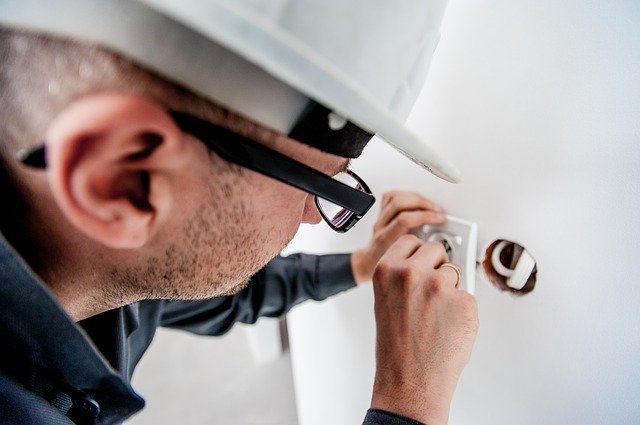
The current wave of millions of refugees from Ukraine poses a great and sudden challenge, especially to the Baltic Sea countries. However, this should not only be seen as a burden for the systems but especially as an opportunity. Due to demographic change, all Baltic Sea countries complain about a massive shortage of skilled workers, in almost all sectors. Successful integration of refugees into the labour market not only relieves the social systems but also returns some dignity and a perspective. Effective inclusion of refugees and immigrants makes societies inherently more resilient to further challenges and is therefore particularly relevant.
This can only succeed if the relevant institutions, especially the business support organizations (BSOs), which act as intermediaries between the business community and the public authorities, take on this important task. The BSOs in PL, LT and LV so far lack the institutional knowledge on how to connect refugees and immigrants with their local labour markets and how to establish local networks with public administrations in this field. The institutional knowledge in the BSOs will be established.
The project will implement three measures to tackle this challenge:
- Network: building a solid network for the integration of refugees into the labour markets
- Capacity building: strengthening institutional capacities in the BSOs by upskilling staff
- App: the creation of an app and further transfer to other Baltic Sea countries
Prosper mobile App!
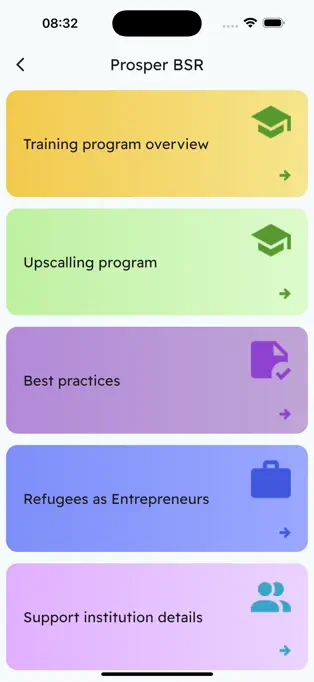
The Prosper Mobile App is available free of charge download in the Apple Store and in the Google Play Store. Our app includes information that is directly relevant to refugees, particularly those who plan to work as entrepreneurs, as well as advice and guidance for intermediaries. The Prosper App combines the following content:
a) information on established networks and contact data to institutions. This allows interested parties to access the needed contact information and see who is connected in other networks. The software assists public authorities in connecting with business organisations (BSOs), which are more in tune with the demands of the business community and can function as a bridge between businesses and refugees.
b) Aspects of the upscaling program for increased capacities The goal of this program is to prepare BSO workers to help refugees integrate into the workforce.
c) Lessons learnt, success stories, and other examples from Lithuania, Poland and Latvia. Through best practices and experiences of successful refugee integration, other users, particularly newcomers will be informed about the obstacles and challenges, how they were overcome, and how satisfying it is to have a successful outcome.
d) Refugees As Entrepreneurs – information about self-employment prospects in the participating countries, as well as how refugees can quickly and easily become entrepreneurs in their host country. The app includes guidelines, vital information on procedures and legislation.
